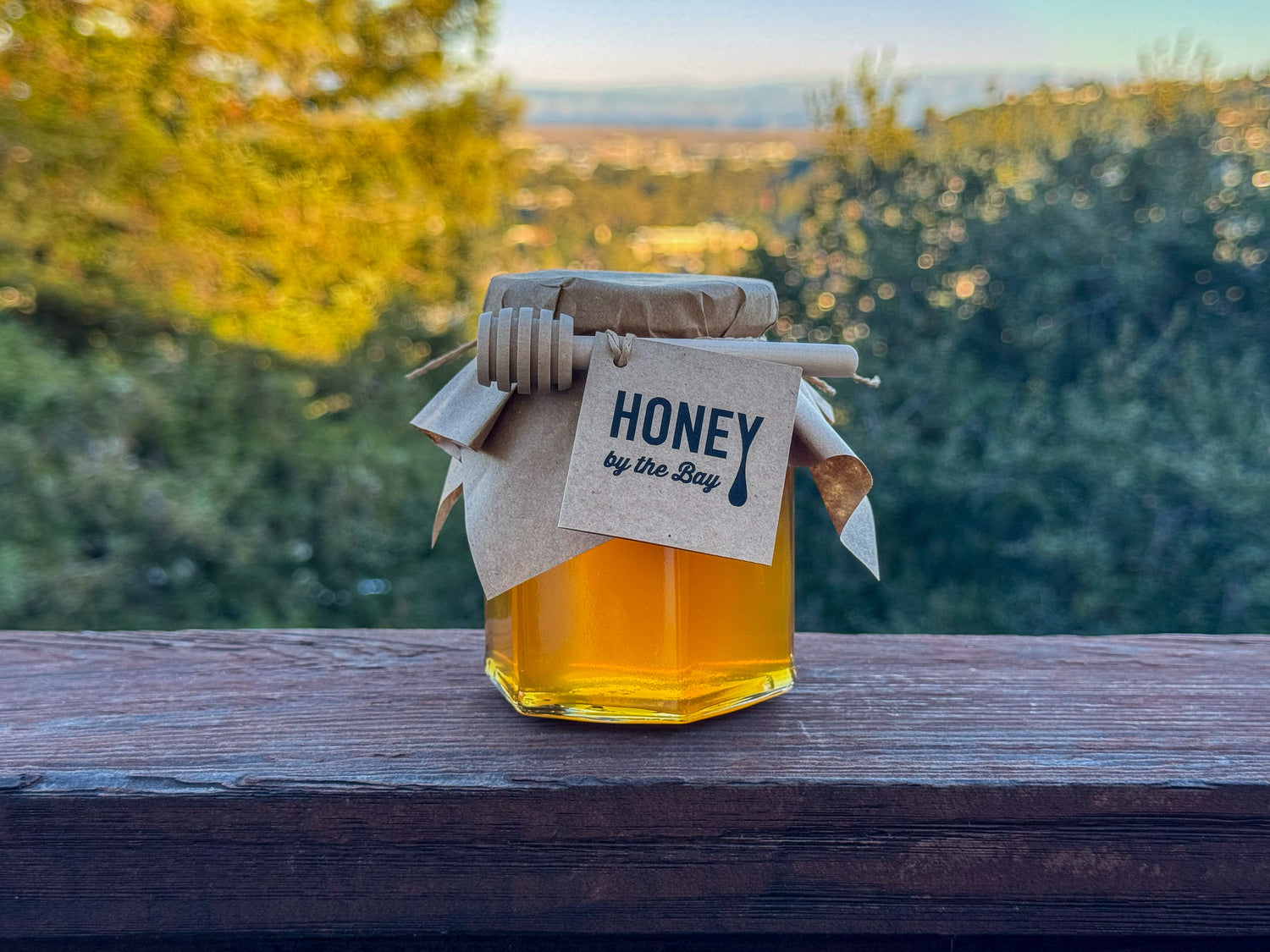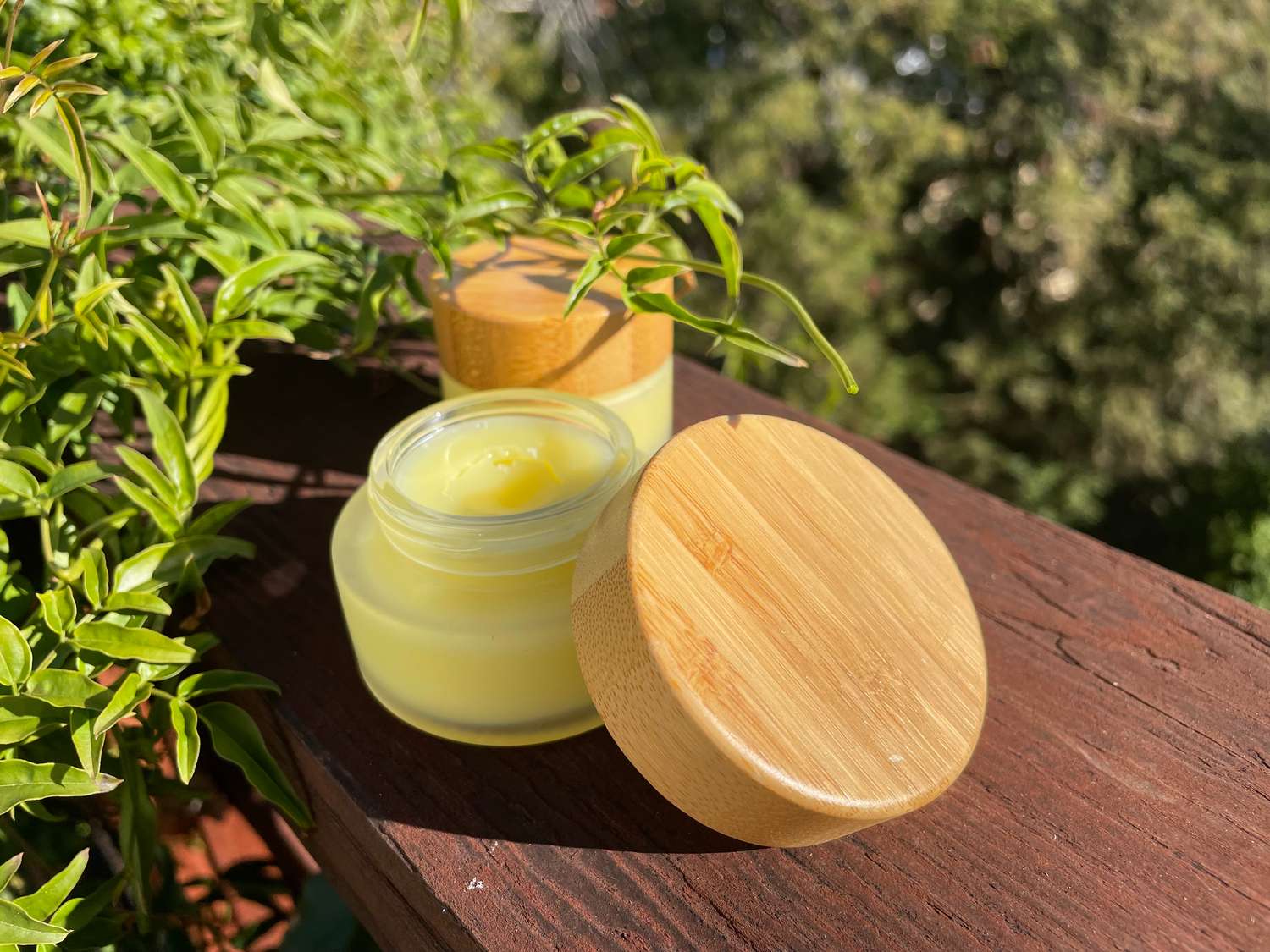Sustainable, also known as eco-friendly or natural cosmetics, are designed and manufactured with the environment and long-term sustainability. These products are made using natural, organic, and/or recycled materials, and they aim to minimize their impact on the environment throughout their entire lifecycle – from production to disposal.
"Sustainable cosmetics" encompasses a wide range of products, including skincare, haircare, makeup, and personal hygiene products. These products are formulated with ingredients derived from natural sources, such as plants, minerals, and water. They are often free from synthetic chemicals, artificial fragrances, and other potentially harmful ingredients.
Sustainable cosmetics are becoming increasingly popular as consumers become more environmentally conscious and seek products that align with their values. In addition to being more environmentally friendly, sustainable cosmetics are often gentler on the skin and may be less irritating than traditional cosmetics.
One of the main drivers behind the rise of sustainable cosmetics is the growing awareness of the environmental impact of the cosmetics industry. The production of traditional cosmetics often involves using synthetic chemicals, which can harm the environment. These chemicals can end up in water sources, leading to pollution and potentially harmful impacts on aquatic life. In addition, many traditional cosmetics are packaged in single-use plastics, contributing to the growing plastic waste problem.
In contrast, sustainable cosmetics are designed to minimize their environmental impact at every stage of their lifecycle. This includes using natural, organic, and/or recycled materials in the production process and packaging products in reusable or recyclable containers.
There are several key ways in which sustainable cosmetics differ from traditional cosmetics:
- Ingredients: Sustainable cosmetics are formulated with natural, organic, and/or recycled ingredients, while traditional cosmetics often contain synthetic chemicals.
- Packaging: Sustainable cosmetics are often packaged in reusable or recyclable containers, while traditional cosmetics are often packaged in single-use plastics.
- Production processes: Sustainable cosmetics are often produced using eco-friendly methods, such as using renewable energy sources and minimizing water waste. Traditional cosmetics are often produced using more resource-intensive processes.
- Ethical sourcing: Sustainable cosmetics are often produced using ethically sourced ingredients, while traditional cosmetics may not necessarily consider the impact of their ingredient sourcing on people and the environment.
Several certification programs can help consumers identify sustainable cosmetics. One of the most well-known is the Environmental Working Group's (EWG) Skin Deep database, which rates cosmetics based on their potential health and environmental impacts. The database includes information on ingredients, packaging, and production processes, allowing consumers to compare different products and make informed choices.
Other certification programs include the Natural Products Association (NPA) Natural Seal, which certifies products that contain at least 95% natural ingredients, and the Leaping Bunny program, which certifies that a product and its ingredients have not been tested on animals.
In addition to being better for the environment, sustainable cosmetics can also benefit consumers. Many people find natural and organic ingredients gentler on the skin and may be less irritating than traditional cosmetics. In addition, sustainable cosmetics are often free from synthetic fragrances, which can be a common cause of allergies and irritation.
While sustainable cosmetics may have a slightly higher price point than traditional cosmetics, many consumers are willing to pay a premium for products that align with their values and have a smaller environmental impact.
In conclusion, sustainable cosmetics are designed and manufactured with the environment and long-term sustainability in mind. These products use natural, organic, and/or recycled ingredients and aim to minimize their environmental impact throughout their lifecycle. Sustainable cosmetics are becoming increasingly popular as consumers become more environmentally conscious and seek out products that align with their values. In addition to being more environmentally friendly, sustainable cosmetics are often gentler on the skin and may be less irritating than traditional cosmetics. Several certification programs, such as the Environmental Working Group's Skin Deep database and the Natural Products Association's Natural Seal, help consumers identify sustainable cosmetics. While sustainable cosmetics may have a slightly higher price point than traditional cosmetics, many consumers are willing to pay a premium for products that align with their values and have a smaller environmental impact. Sustainable cosmetics offer a more environmentally responsible and healthier alternative to traditional cosmetics.

